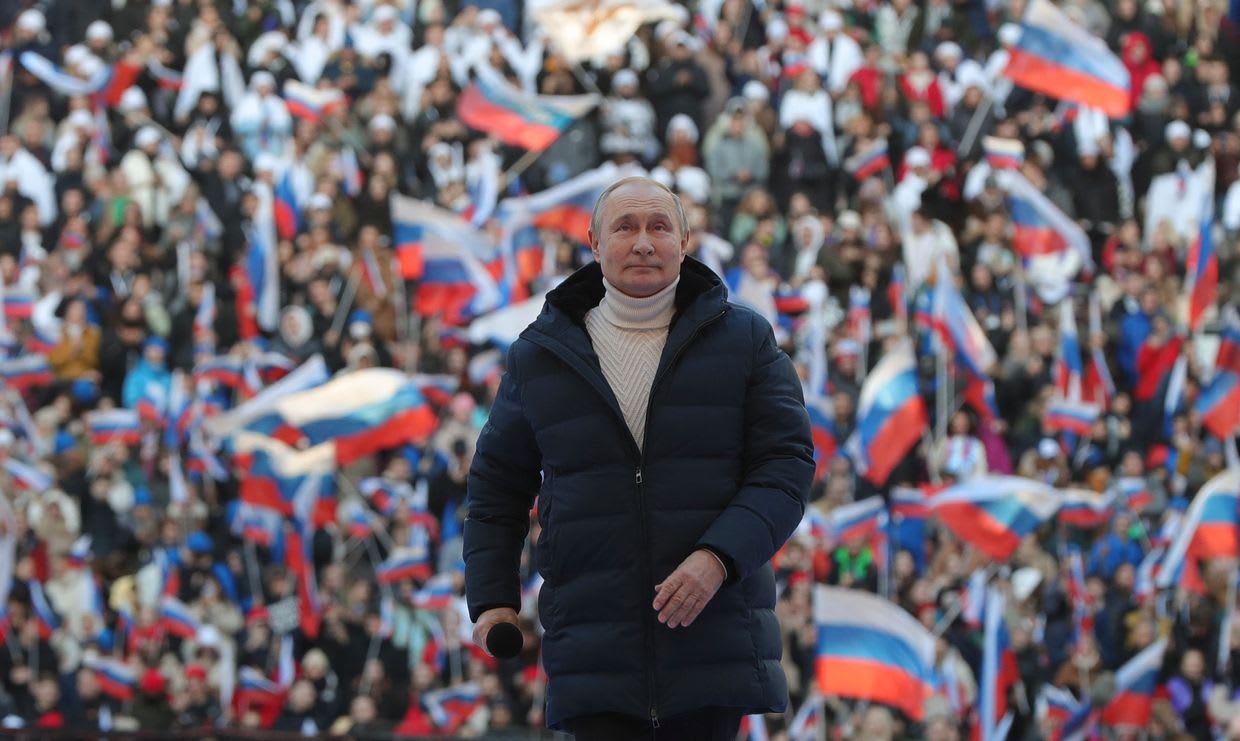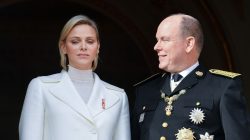Understanding Narcissism as a Lens
Narcissism is often viewed as a personal flaw — an exaggerated sense of self-importance, a desire for admiration, and a lack of empathy. However, what if narcissism is more than just a diagnosis? What if it serves as a lens through which individuals and even entire nations navigate wounds that are too painful to confront directly?
This idea came to life during a conversation with two Ukrainian army veterans, Andriy and Bohdan, who were undergoing rehabilitation in the U.S. through an organization called Limbs for Liberty. Andriy had lost an arm, while Bohdan had lost a leg. Despite their physical injuries, their spirits remained remarkably intact — sharp, humorous, and deeply reflective.
When they learned I was preparing to speak at a conference in Lviv, Ukraine, on the psychological dimensions of narcissism, they became animated. “Like Rambo,” Andriy said with a laugh. He wasn’t joking. He explained that Rambo, Hollywood’s invulnerable action hero, was more than a character. He was a symbol.
Instead of mourning or questioning the trauma, the culture transformed the wounded soldier into an unstoppable killing machine. “That’s individual narcissism,” Andriy said. “You get hurt, but instead of feeling it, you become stronger — on the outside.”
Bohdan nodded, then added, “And collective narcissism—that’s the presidents.” He wasn’t speaking in generalities. He mentioned Vladimir Putin and, in a different context, Donald Trump. Both, he said, had mastered the art of turning collective wounds into mythology.
In Russia’s case, the collapse of the Soviet Union left a profound psychic scar. Putin referred to it as “the greatest geopolitical catastrophe of the twentieth century.” Rather than acknowledge the grief or confusion that followed, the Kremlin built a story: Russia as eternal, misunderstood, betrayed by the West.
Ukraine, in this view, is not a sovereign country with its own voice, but a misbehaving child of a once-mighty empire. Aspirations toward democracy are not signs of agency but threats to stability. Cultural independence becomes treason. Reality is bent in service of an identity that cannot bear to feel humiliated or forgotten.
This is collective narcissism: the projection of weakness outward, the denial of vulnerability inward. It builds national pride not on self-knowledge, but on fantasy. The result is a fragile strength, a defensive posture that lashes out rather than reflects.
In the United States, the wound is different, but the mechanism often echoes the same pattern. Donald Trump’s promise to “Make America Great Again” was not just a slogan — it was a narrative balm for people who felt abandoned, disoriented, or invisible in a changing world.
The nostalgia embedded in that phrase isn’t necessarily a longing for policy — it’s a longing for supremacy, clarity, and simplicity. It’s the same impulse to cover over pain with projection: to blame others, to romanticize the past, to reject complexity.
Narcissism, whether personal or collective, doesn’t begin in arrogance. It begins in pain. A wound that feels too dangerous to name — too humiliating to acknowledge — gets buried. And what grows over it is a mask: invincibility, righteousness, exceptionalism.
But the pain doesn’t disappear. It distorts. And it demands constant maintenance.
Finding a Path to Healing
What struck me most about Andriy and Bohdan wasn’t their insight — it was their freedom. They didn’t need to be Rambo. They could laugh about the myth without denying their pain. They could talk about national leaders and their projections without losing faith in their country. They were wounded, but not hardened. Broken, but not bitter.
In Ukraine, I’ve seen a kind of cultural resilience that doesn’t rely on fantasy. People write poetry about loss, gather in liturgies that name sorrow, and rebuild even in the midst of grief. Their strength doesn’t come from pretending not to be hurt. It comes from facing pain head-on and refusing to let it define the future.
In the Christian tradition, there’s a word for this: transformation. Not through domination or denial, but through truth-telling, mourning, and imagination. The wounded Christ is not hidden from view but held up for the world to see — not as spectacle, but as testimony.
In this vision, healing is not a return to former glory, but a movement toward wholeness. Not power over others, but communion with them.
Collective narcissism tempts us to craft identities out of denial. It thrives on stories of victimhood that never admit weakness. But genuine healing — national or personal — requires something much harder: the courage to feel pain, the humility to learn from it, and the imagination to build something new from its ashes.
Andriy and Bohdan reminded me of this — not with theory, but with their lives. True strength, they showed me, isn’t about looking like Rambo. It’s about knowing you don’t have to.







